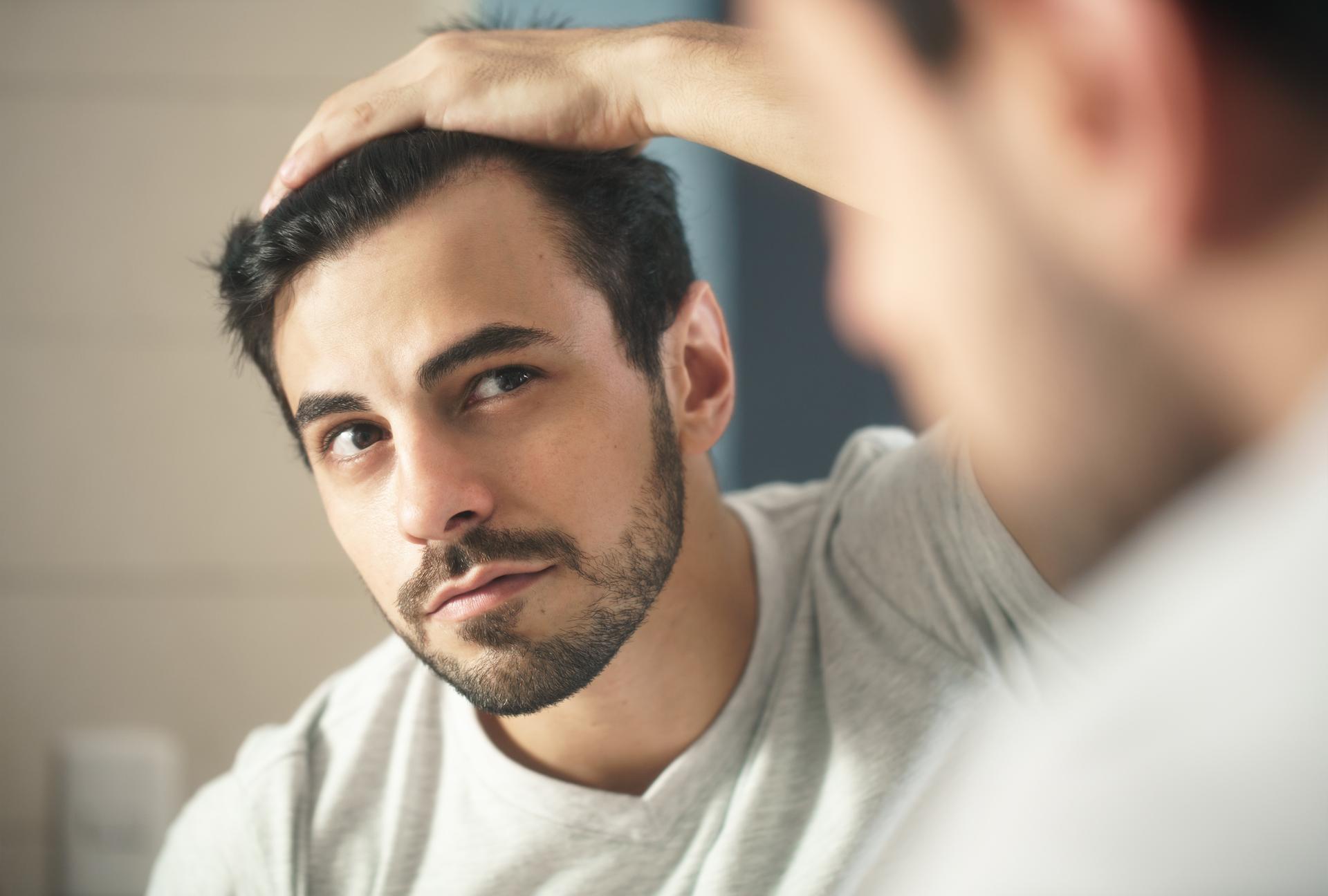Hair loss is experienced by men and women alike, often arising out of hormonal changes, heredity, medical conditions, or natural reasons like aging. Rapid and excessive hair loss can negatively affect your self-confidence, adversely impacting your professional and personal life. The good news is there are treatments for hair restoration to counter the effects of hair loss.
Platelet Rich Plasma (PRP) hair restoration treatment is a well-known non-surgical technique for battling hair loss. Here is all you need to know about PRP.
What is PRP hair restoration treatment?
PRP hair restoration involves a three-step non-surgical process that can effectively reduce and reverse hair loss. A PRP hair restoration treatment specialist uses the plasma found in blood to facilitate hair growth naturally. Along with improving natural hair growth, PRP treatment is also used in other medical conditions like healing injured tendons, muscles, and ligaments.
Researches on PRP hair restoration treatment shows that it can enhance blood supply to the hair follicles, thus stimulating the scalp for improved hair growth and thickness. Before scheduling your PRP treatment for hair restoration, a specialist might want to monitor the hair loss progression. Depending on the nature of your hair loss, the specialist will schedule the PRP therapy sessions.
Each PRP hair restoration treatment is usually scheduled 4 to 6 weeks apart, and once the patient starts showing desired results, maintenance can be scheduled once every few months.
PRP hair restoration process
The three steps that comprise the PRP process are as follows:
- Drawing Blood: First, your hair specialist will draw some of your blood (usually from the arm) and put it in a centrifuge to be used for the PRP to be separated for the process.
- Centrifuge Isolation of Platelet Rich Plasma: As the centrifuge spins, it separates the PRP from the blood within 10 to 20 minutes. The isolated PRP has a yellowish/straw-like color.
- PRP Scalp Injections: The final process of the PRP hair restoration treatment involves injecting the isolated PRP strategically onto the patient’s scalp. This plasma encourages blood to supply those regions and promotes the growth of new, natural hair.
Before the start of each session, the PRP treatment specialist will perform certain tests to evaluate the integrity of the treatment, such as the hair pull test. Once the required sessions are done, the results of the PRP hair treatment should be visible within 3 months of the procedure.
PRP therapy cost
The cost can range from moderate to high, depending on the duration of the session. Usually, a 30 to 45 minutes long PRP treatment in Freehold, NJ, will cost you between $650 to $1,300.
Related: How Many PRP Sessions Do I Need for Hair Regrowth?
Side effects of PRP hair restoration treatment
PRP hair restoration treatment does not involve any significant side effects. An individual can experience mild soreness and swells on the scalp following the treatment, but they usually subside within 24 hours. If you are experiencing more serious side effects or the soreness and swells are not resolved after 24 hours, you should contact your PRP therapist to avoid running risks of an infection.
Treatment risks
Since the PRP hair restoration treatment uses the patient’s blood to facilitate hair growth, it minimizes the chances of any side effects. Though rare, the other significant side effects of PRP therapy might include damage to blood vessels and nerves, infection, scar tissue formation, calcification at the injection points, and negative reactions to the anesthetic used in the therapy.
Individuals with medical conditions like low platelet count, diabetes, metabolic disorders, sepsis, thyroid disorders, and chronic infections are advised against PRP treatments. Heavy smokers and individuals suffering from cancer, skin, and liver diseases can also run treatment risks and are advised to avoid the PRP hair restoration process. Certain other medical conditions might also make you ineligible for the treatment. Therefore it is best to discuss such issues with your doctor before opting for the treatment.
See Also: How Long Do PRP Therapy Injections Usually Last?
Conclusion
The PRP hair restoration treatment is simple, budget-friendly, and nearly risk-free. It’s a great alternative to those who prefer non-surgical solutions to counter hair loss. If you are suffering from excessive hair loss, book your first PRP therapy session with us at New Jersey Hair Restoration Center today! Get in touch with the top hair restoration specialists in NJ!


